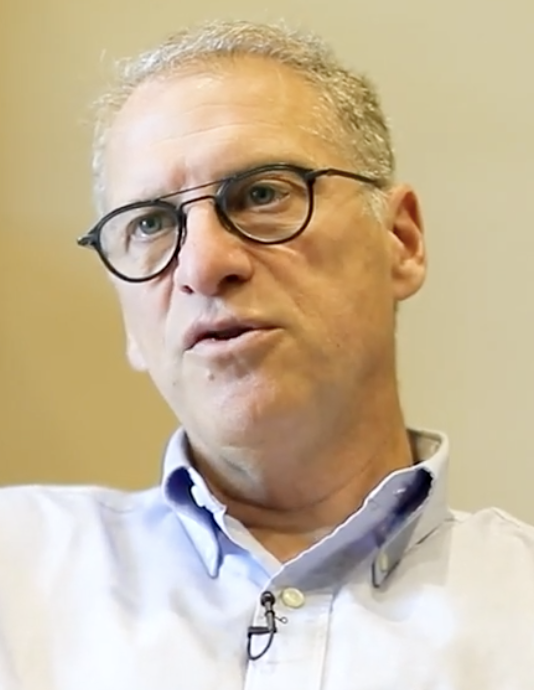Events
Presentations & discussion: An exploration of the energy sector and sustainable development in Morocco
From
Since the late 1990s, Morocco has engaged in multiple strategies aiming at democratizing access to energy, with a growing emphasis on sustainability and attention to climate change as both a global risk and one that could affect livelihoods in Africa and in Morocco. After having successfully generalized electrification in rural areas, the Kingdom, which largely depends on imports of fossil fuels to satisfy its domestic demand, has worked on reforming the energy sector as a whole. Reforms have thus aimed at making energy consumption more rational and sustainable, both environmentally and financially. Rationalization has thus consisted in giving a larger role to the private sector up the value chain of electricity, and subventions have been cut to alleviate the pressure on public spending and make more potential room for investment. The legislative and regulatory framework has thus evolved to boost Morocco’s competitiveness and attract new players to valorize what remains an important but partially untapped potential.
After having bet on solar energy under the supervision of a dedicated agency, Morocco is working on developing a competitive offer for green hydrogen. The OCP Group, Morocco’s most important industrial player, has notably announced a plan to spearhead a competitive ecosystem in that field. Morocco is also working on consolidating its sourcing of liquefied natural gas. The greenification of industrial production has been largely viewed as a necessary endeavor to keep pace with the evolution of the rules of the European Union (EU), Morocco’s prime client. The automotive sector, which is largely perceived as a Moroccan success story, is particularly akin to position itself on emerging value chains such as those of electric vehicles (EVs) and batteries. Morocco is already cooperating with African countries to share its experience, as Africa has tremendous potentialities when it comes to renewable energy.
Morocco is also keen to monitor the potential impact of climate change on its demography (including migration), agriculture, rural economy, and water resources. Peasantry still accounts for about 40% of its population, and water resources are scarce in countries bordering the Sahara Desert. Morocco’s neighbors are particularly sensitive to variations in climate change, which is already believed by some close observers to have fueled conflicts by deteriorating livelihoods.
The ability of policymakers to develop attractive offers and frameworks for the private sector, overcome hurdles, unblock bottlenecks, help catalyze dynamic ecosystems, and anticipate emerging risks is of paramount importance to help countries capture opportunities and manage sometimes massive risks alike.
In their presentations and in the following discussions, experts from the Policy Center for the New South (PCNS) and academics from the Africa Institute of Research in Social Sciences (AIRESS) at the Faculty of Governance, Economics and Social Sciences (FGSES) of Université Mohammed VI Polytechnique (UM6P) will unpack some of their findings to students from the Martindale Center at Lehigh University. Such findings will embrace part of the energy policies and sustainable development challenges that Morocco, as an African country, has faced in the past years, and which could intensify in the near future.
|
09:00 - 09:10 |
Welcoming remarks and presentation of the PCNS Akram Zaoui, Manager of Research Support & Public Policy Lab, PCNS |
|
09:10 - 10:10 |
Presentations and discussion with experts from the PCNS Moderator Akram Zaoui, Manager of Research Support & Public Policy Lab, PCNS
Speakers Rim Berrahab, Senior Economist, PCNS The institutional framework of Morocco’s energy sector
Afaf Zarkik, Economist, PCNS General electrification: the Moroccan experience and lessons for Africa |
|
10:10 - 10:25 |
Coffee break |
|
10:25 - 11:15 |
Presentations and discussion with professors from the FGSES / UM6P Moderator Akram Zaoui, Manager of Research Support & Public Policy Lab, PCNS
Speakers Pr. Khalid Chegraoui, Vice-Dean, FGSES Presentation of the Social Sciences, Economics, & Humanities Cluster of UM6P
Pr. Luc Savard, Research Lead, Growth, Development & Environment, AIRESSS Energy transition: Where we are and why
|
|
11:15-11:30 |
Visit of the PCNS |






